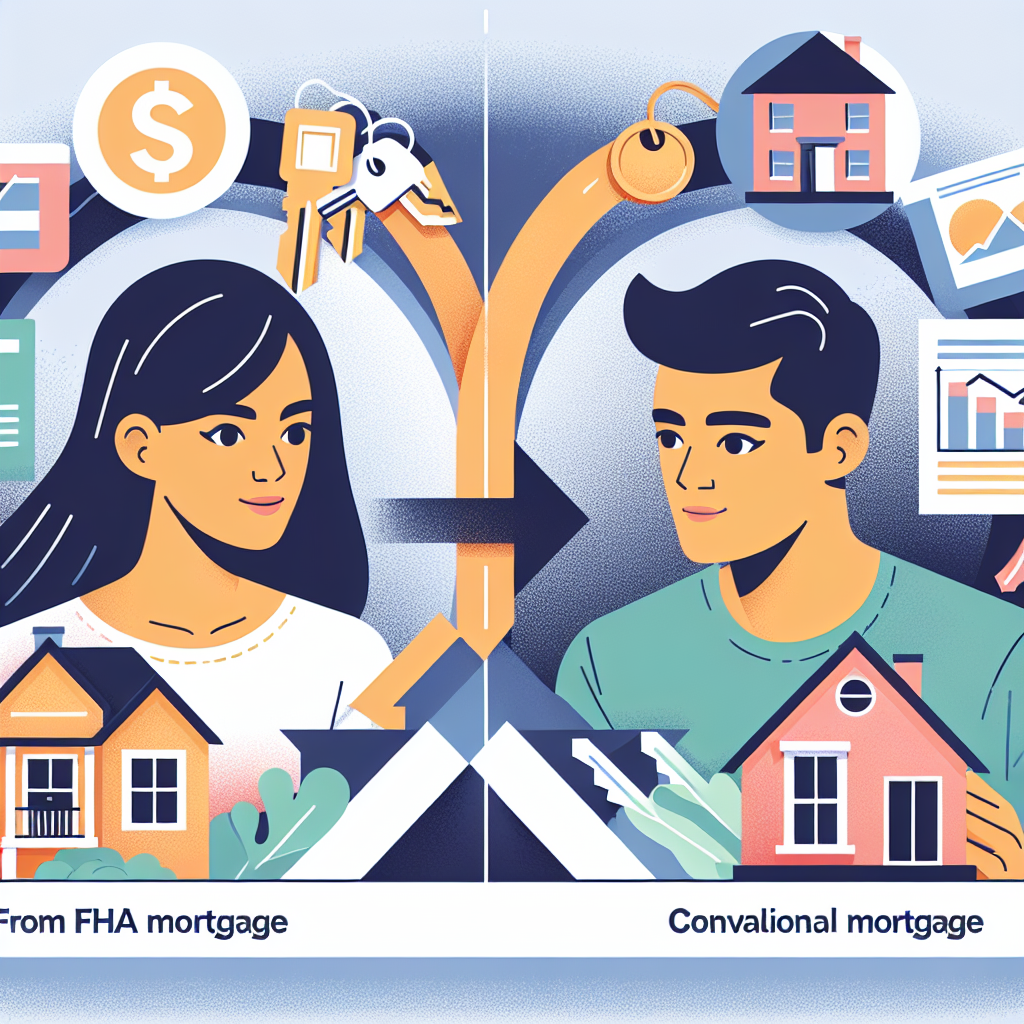As the housing market evolves and interest rates fluctuate, many first-time homebuyers are confronted with a pivotal choice: what type of mortgage best suits their financial situation and homeownership goals? Understanding the differences between FHA (Federal Housing Administration) loans and conventional mortgages is essential for navigating this process.
Understanding FHA Loans
FHA loans are designed to help lower-income and first-time buyers access the housing market more easily. These government-backed loans provide several advantages:
-
Lower Credit Score Requirements: FHA loans typically allow for lower credit scores (as low as 580 with a 3.5% down payment). This makes them accessible for buyers who may not qualify for conventional financing.
-
Higher Debt-to-Income Ratios: FHA guidelines allow higher debt-to-income (DTI) ratios, enabling buyers who have existing debts (like student loans or credit cards) to qualify for a mortgage.
- Low Down Payment: The minimum down payment for an FHA loan is 3.5%. This lower barrier makes homeownership feasible for those who may not have significant savings.
However, FHA loans are not without drawbacks. Borrowers must pay mortgage insurance premiums (MIPs), both upfront and annually, which can increase overall loan costs. Additionally, FHA loans have limits on home prices, which may not accommodate buyers in more expensive housing markets.
Exploring Conventional Loans
Conventional loans, which are not insured or guaranteed by the federal government, cater to a broader range of buyers and offer distinct advantages:
-
Flexibility with Property Types: Conventional loans can be used to purchase various property types, including single-family homes, multi-unit properties, and investment properties, making them a versatile option for many buyers.
-
Avoiding Mortgage Insurance: Buyers can avoid monthly mortgage insurance premiums (MIP) by putting down at least 20%. This means lower monthly payments, which can lead to significant long-term savings.
- Potential for Lower Interest Rates: Traditionally, conventional loans have offered competitive interest rates, especially for borrowers with strong credit profiles. If you have a credit score above 700, you may secure favorable terms.
However, conventional loans typically require higher credit scores (usually above 620) and larger down payments than FHA loans, which can be a hurdle for some first-time buyers.
Making the Right Choice
Choosing between FHA and conventional loans hinges on various factors:
-
Credit Score: If your credit score is below 620, an FHA loan may be your best option. Conversely, if you have a stronger credit profile, a conventional loan could secure better terms.
-
Down Payment: For those who can afford a higher down payment (20% or more), a conventional loan may be advantageous. If you’re working with limited funds, the FHA’s 3.5% down payment option may be more appealing.
- Long-Term Ownership: FHA loans may impose costs over time due to MIPs. If you plan to stay in your home long-term, consider how these costs will accumulate against the benefits of a conventional loan.
Current Market Trends
As of late 2023, potential homebuyers should also factor in current market conditions. Interest rates have seen fluctuations, impacting affordability and purchasing power. Buyers should consult with mortgage lenders to understand current rate trends and how they influence both FHA and conventional loan options.
In conclusion, the shift from FHA to conventional loans can significantly alter first-time buyers’ experiences. Understanding these mortgage options equips potential homeowners to make informed decisions that suit their financial circumstances and long-term objectives. Whether you prioritize lower upfront costs with an FHA loan or lean towards the advantages of a conventional loan’s potential savings, the right choice is ultimately about aligning your financial reality with your homeownership dreams.













